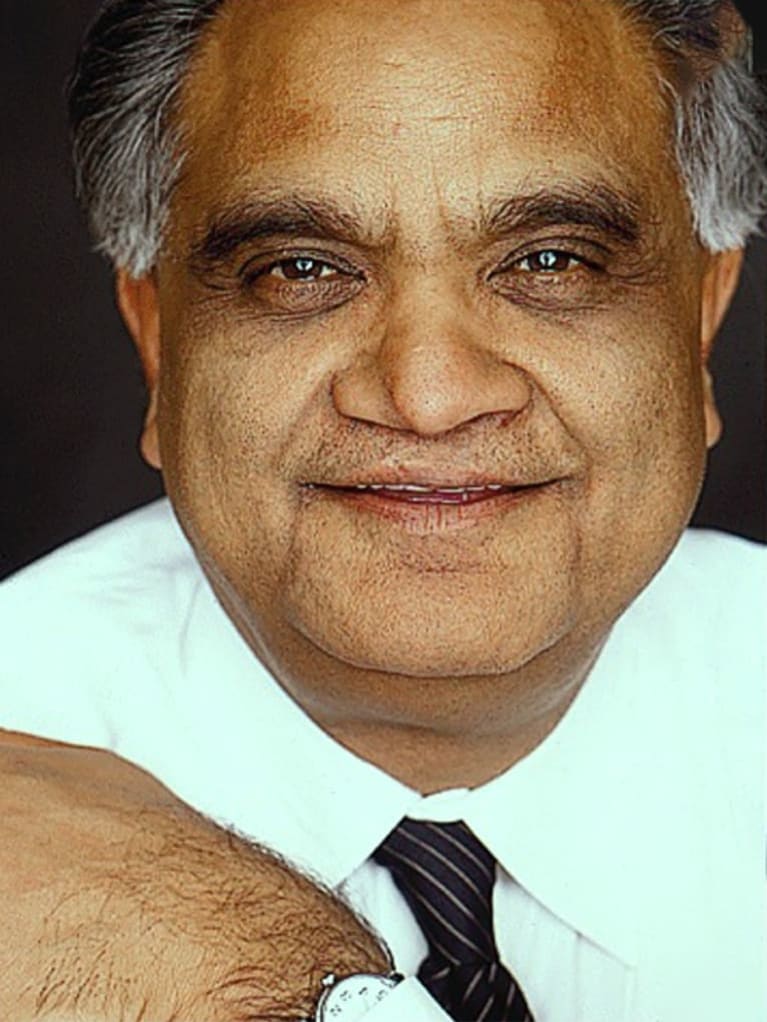 In recent years, the world's top HR professionals have helped prove that the advancement of any business is linked to the success of its people. Now, HR leaders must step forward and create a framework for the future of work, one that gives workers a greater role in shaping it.
In recent years, the world's top HR professionals have helped prove that the advancement of any business is linked to the success of its people. Now, HR leaders must step forward and create a framework for the future of work, one that gives workers a greater role in shaping it.
The pandemic has accelerated the dream that every one of us has had: to escape the tyranny of bureaucracy. People want fewer layers of approvals and greater autonomy over their work, including its location—at home, in a central meeting place or a mix of the two. They want to be liberated to realize their potential.
These changes are here to stay. There is no going back.
HR leaders can help their organizations adjust by reducing the bureaucracy that has long trapped productivity and innovation. They must empower businesses to break out of the box and lead them boldly to new ways of organizing work. 
The liberation of work will look different for each company, industry or function. But the following four-point framework can be a guide.
1. Find the levers of the business.
Identify and prioritize the tasks that deliver financial results and ensure continuity of the business. These may include creating new products or working with ecosystem partners. Who needs to be together to accomplish the tasks that push those business levers—and who doesn't? Do those people need to meet physically, and how often? HR should use its expertise to find the answers. But bear in mind, workers will want a say in it, and the configuration is likely to change over time. Liberating employees in this way cuts bureaucracy and travel time and, more importantly, is a catalyst for productivity of the mind.
2. Leverage technology.
Software exists to help HR assemble teams of the right people with the right managers. The specific technology needed will vary, but start with a database of people, skills and functions that can be matched to business needs. This will create agility. Artificial intelligence can be applied to keep records and measure productivity. It can also capture workers' preferences and feedback and, by showing progress on tasks in real time, reduce the need for bosses' intervention.
3. Transform middle managers into coaches.
With software, agile thinking and the use of project teams to get work done, managers are no longer needed as an added layer of bureaucracy. The days of personal supervision are over. Command-and-control is long gone—now managers need to remove obstacles, facilitate imagination and inspire motivation. Managers must come to terms with having a percentage of people working remotely and the role shift from authority to coaching.
4. Communicate.
Communication is the lifeblood of this new framework. Managers talking with team members, leaders creating a vision, HR explaining processes and policies—communication keeps the work flowing. Communication that is personalized and delivered through channels most used by employees is crucial.
Once you understand and apply this framework, you will begin to solve many of today's biggest workplace challenges. Companies that use this framework will become magnets for new talent. Employees will be engaged and inspired to deliver results. Technology will provide customized service to employees, demonstrating the benefits of digitalization and paving the way for new applications.
Now is not the time to wait and see on the future of work or get bogged down reacting to challenges as they arise. Now is the time for HR to lead boldly into the future, bolstered by a framework that can flex to fit any circumstance. Create success by liberating your work, your workers and your workplace.
Ram Charan is a global advisor to CEOs and boards, and is a bestselling author.
Johnny C. Taylor, Jr., SHRM-SCP, is president and CEO of the Society for Human Resource Management.



